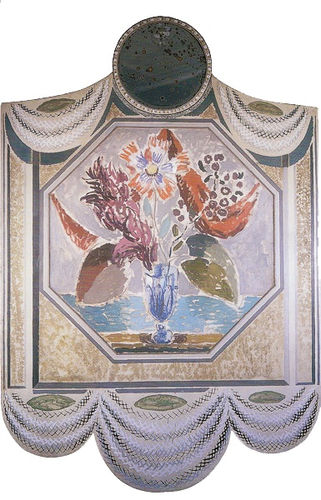Duncan Grant (1885–1978) was a prominent British artist and a leading figure in the Bloomsbury Group, renowned for his contributions to 20th-century British art and his innovative approach to painting, design, and decorative arts.
Grant's early work was influenced by the Post-Impressionist and Fauvist movements, as well as by the works of Old Masters such as Titian and Velázquez. He developed a distinctive style characterised by its bold use of colour, its fluid brushwork, and its sensitivity to light and form.
In 1905, Grant became associated with the Bloomsbury Group, a circle of writers, intellectuals, and artists who were known for their unconventional lifestyles and progressive ideas. He formed close friendships with figures such as Virginia Woolf, Vanessa Bell, and Roger Fry, and his work became closely associated with the group's ethos of artistic experimentation and creative freedom.
Grant's paintings often depicted scenes of everyday life, portraits of friends and family members, and landscapes inspired by his travels throughout Europe. He was particularly interested in exploring themes of love, desire, and the complexities of human relationships in his art, often imbuing his paintings with a sense of intimacy and emotion.
In addition to his work as a painter, Grant was also a talented designer and decorator, producing murals, textiles, ceramics, and other decorative objects. He collaborated with Vanessa Bell on numerous interior design projects, including the decoration of the famous Omega Workshops in London, where they pioneered a modern, abstract aesthetic that would influence generations of designers and artists.
